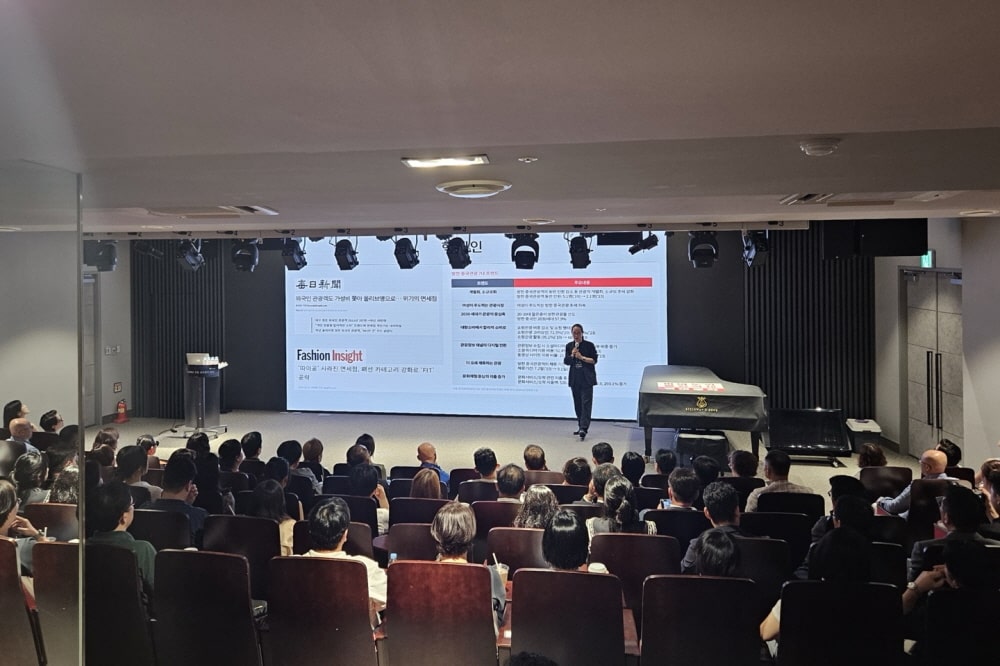
On July 16, 2025, the 'Global Fashion Forum' hosted by the Korea Fashion Association was held, focusing on the message "Local is Global," exploring new possibilities for Korea's fashion and tourism industries. In his lecture, writer Song Gi-young introduced how Korea's unique culture and daily life can become globally appealing through various examples, receiving great responses from over 200 attending members.
‘The Era of Individualization’ and Personalized Consumption
At the start of his lecture, Song emphasized that the modern era is one of 'individualization,' where society is shifting to one where each individual acts as the main agent. Tourism is no exception, with individual travel increasing rapidly over group tours, changing the form and consumption patterns of travel. He noted that “it is now an era where everyday alleys and lifestyle culture sell instead of grand monuments,” suggesting this change could be an opportunity for Korea.
Content Creates Places
He further explained how Korean dramas, animations, and music turn real locations into 'sacred sites.' Examples include visiting Japan for the settings of the animation <Your Name>, the Suwon filming location of the drama <Seonjae High School>, and locations associated with BTS and BLACKPINK becoming popular tourist spots among global fans. His statement, “Attach content, and places thrive regardless. What matters is culture and story,” resonated deeply with the attendees.
Beyond Seoul, The Power of Everyday and Local
Song also mentioned that local spots like Yeonnam-dong, Hipjiro, Eunpyeong Hanok Village, and Kumho-dong Dalmaji Park exude more charm than traditional tourist sites like Seoul, Myeong-dong, and Gyeongbokgung Palace. The everyday mountains, rivers, and alleys of Seoul are intriguing and appealing content to foreigners. He emphasized, “What we should offer foreign tourists is not traditional culture, but our current way of life.”
Survival Through Uniqueness
In the latter part of the forum, advice on the direction of Korean local brands was offered. He cautioned against benchmarking and imitation, stating, “You must create something unique. Copying leads to mutual failure.” He cited examples of global success achieved by focusing on a unique identity, such as a small island’s guesthouse service on Geoje Island, an udon tour in Kagawa Prefecture, Japan, and Busan’s pork soup. He suggested that Korea's fashion and F&B brands should take note of these.
Korean Identity Meets the World
While answering questions from participants, Song added that we must contemplate how to define “Korean.” He emphasized that the word “Seoul” itself can symbolize a global luxury brand, and that the overall style and cultural message are more important than a logo. He also spoke about the need for new attempts and designs that naturally integrate Korean elements through collaboration with overseas consumers.
From Local to Global
Finally, Song stated, “Seoul, and Korea, have now become cities and countries recognized for their uniqueness. The world desires Korea’s unique life and culture. Don’t miss this opportunity, and meet the world with your own uniqueness.”
This forum became a crucial turning point in reaffirming the potential of Korea’s fashion and tourism industries and exploring future directions. The question that remained with participants was, “How unique is your brand?”
Read more this category
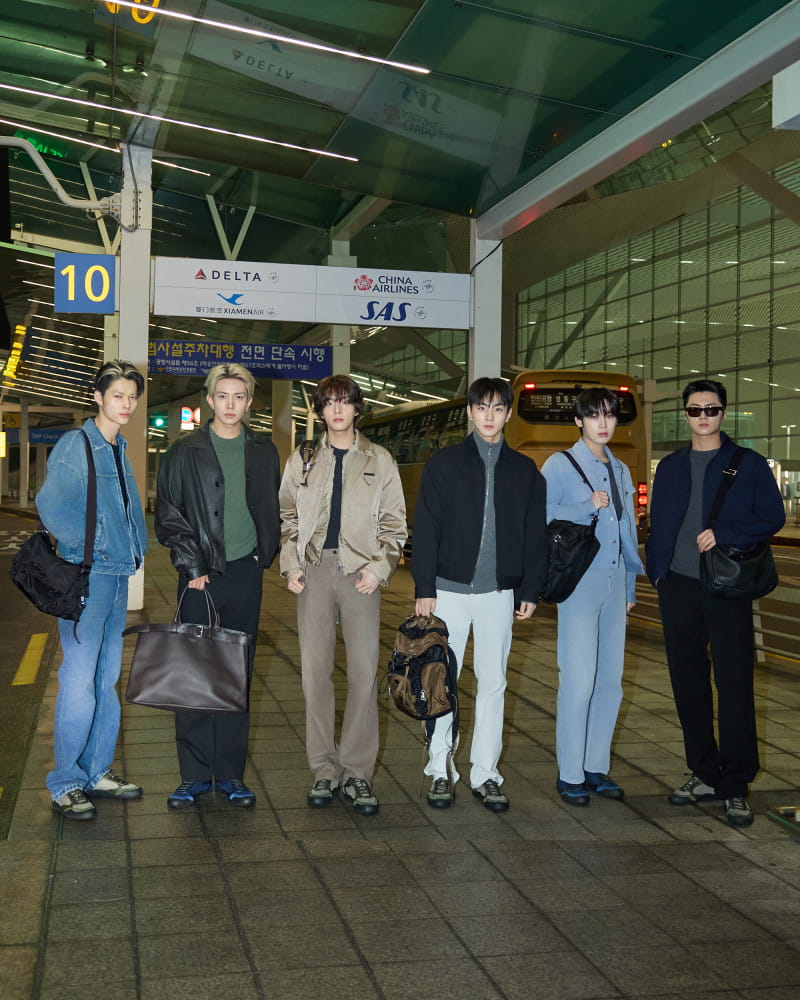 1. ENHYPEN, Prada’s New Faces Set to Captivate Taiwan
1. ENHYPEN, Prada’s New Faces Set to Captivate Taiwan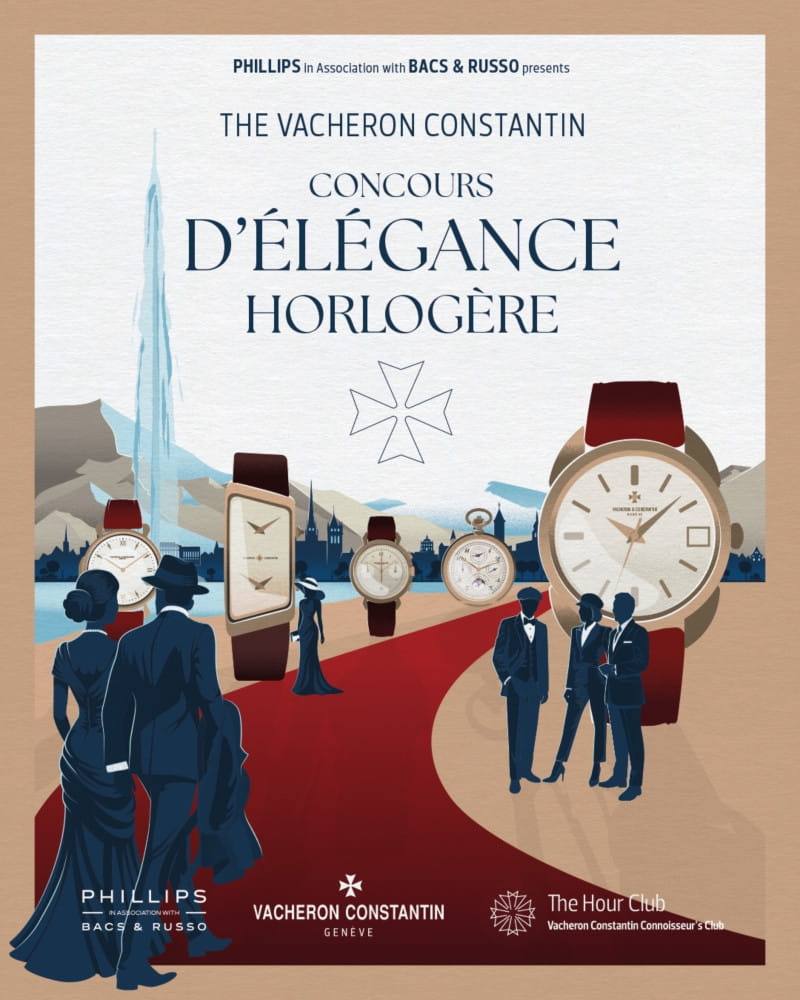 2. Vacheron Constantin x Phillips Auction Crowns the Best Rare Watches
2. Vacheron Constantin x Phillips Auction Crowns the Best Rare Watches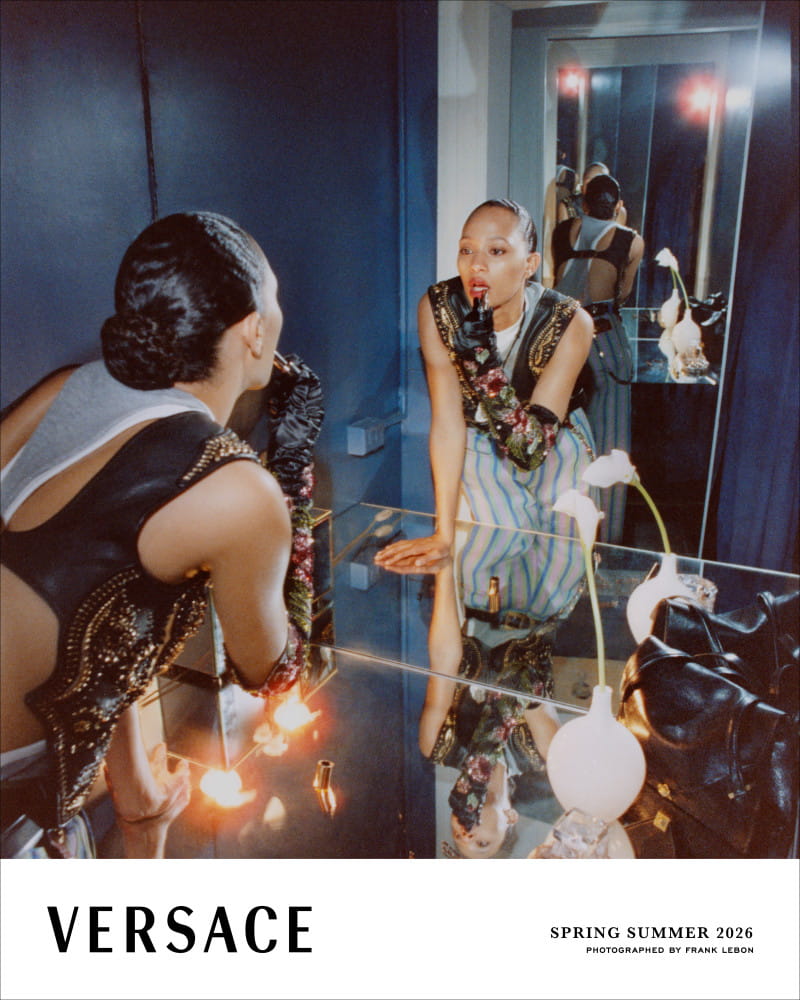 3. Versace Tunes into the “Frequency of Sensuality” with Three Masters
3. Versace Tunes into the “Frequency of Sensuality” with Three Masters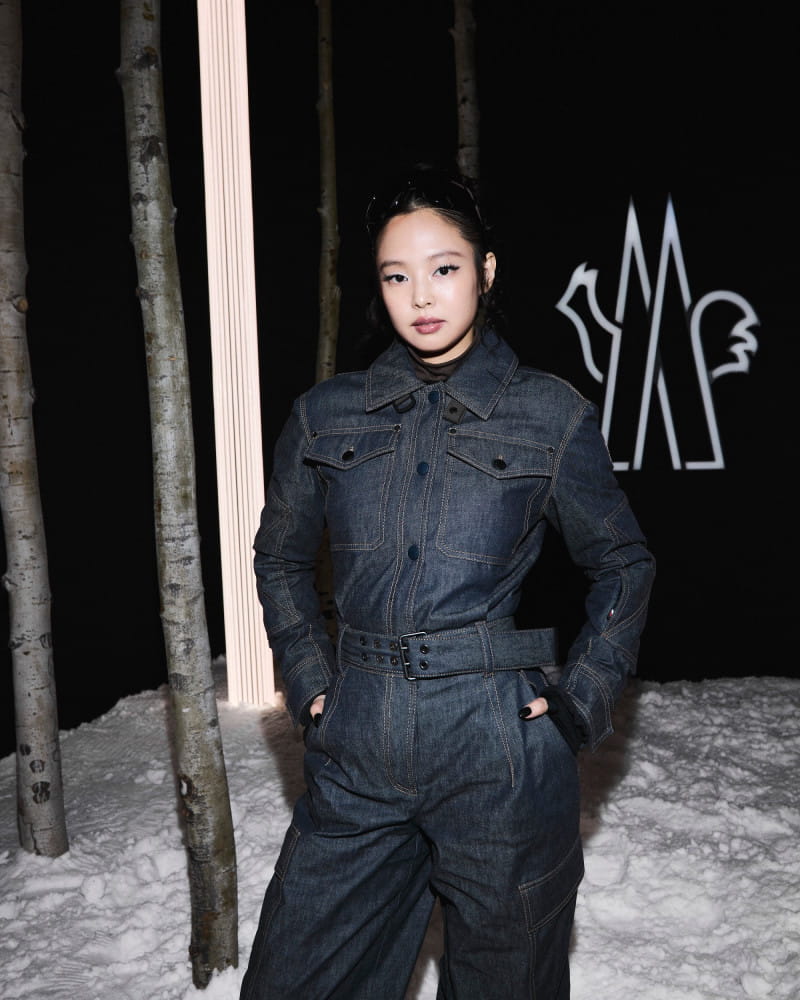 4. Jennie Shakes Up the Rockies With Unmatched Aura at Moncler Grenoble Aspen Show
4. Jennie Shakes Up the Rockies With Unmatched Aura at Moncler Grenoble Aspen Show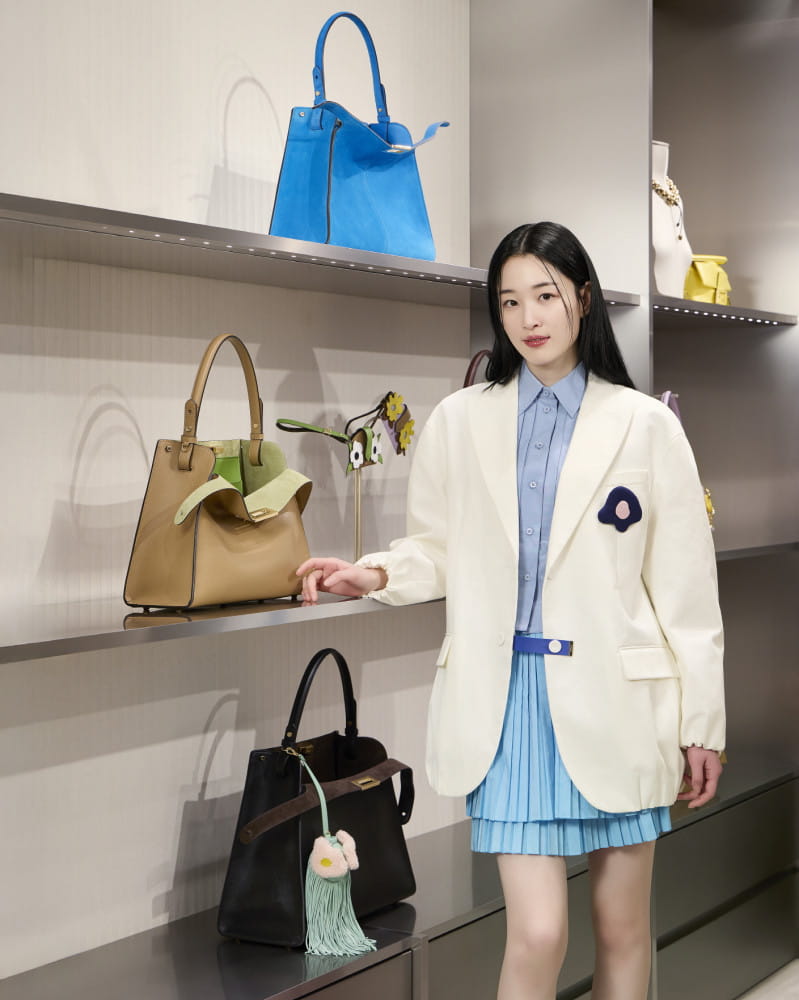 5. Won Ji-an and Moon Sang-min’s Bright Outing with FENDI
5. Won Ji-an and Moon Sang-min’s Bright Outing with FENDI 6. Mido Names Actor Lee Jong-suk as New Brand Ambassador
6. Mido Names Actor Lee Jong-suk as New Brand Ambassador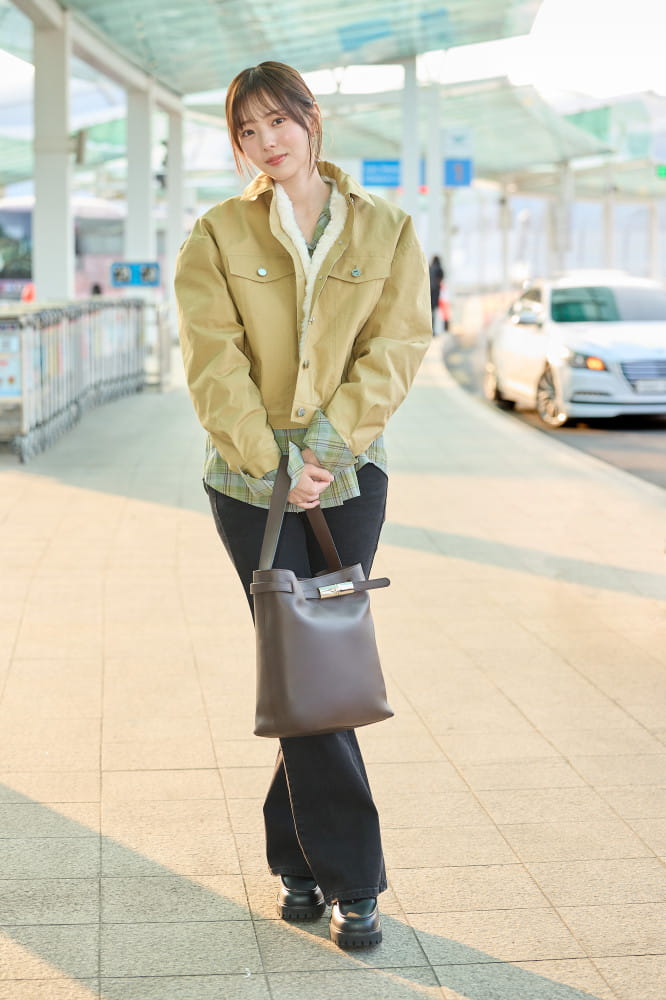 7. Chae Soo-bin’s Sunlit Smile on the Way to Da Nang
7. Chae Soo-bin’s Sunlit Smile on the Way to Da Nang
